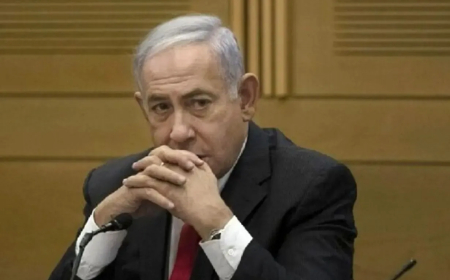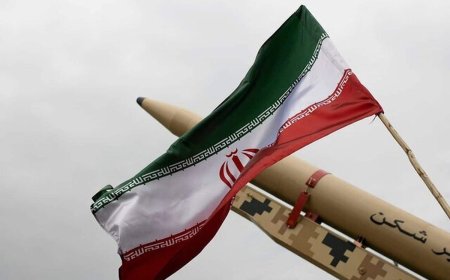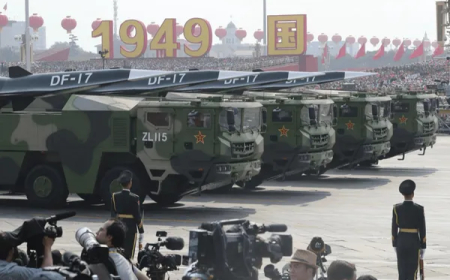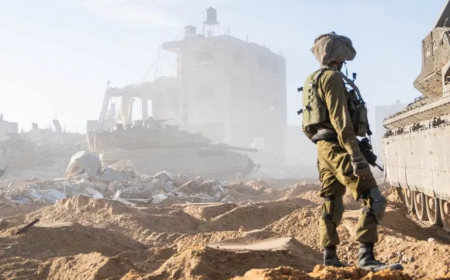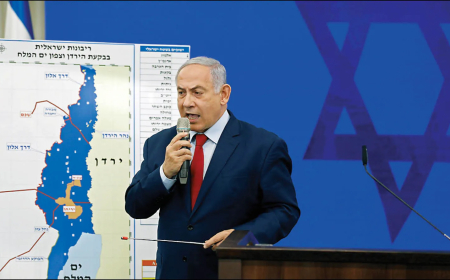When the IAEA Becomes Israel’s Political Instrument
The Director General of the International Atomic Energy Agency (IAEA) has once again echoed the rhetoric of Israeli officials, accusing and threatening Iran under the guise of diplomacy. His remarks on resuming inspections come while the IAEA remains silent over Israel’s attacks on Iran’s peaceful nuclear sites.

After a short silence, the Director General of the International Atomic Energy Agency has once again stepped forward, using provocative language to reignite accusations and threats against Iran. Rafael Grossi, in a recent interview, stated:
“Damage to key sites in Isfahan, Natanz, and Fordow was severe. But while Trump spoke of ‘destruction,’ Iran’s nuclear know-how has not been lost. Iran possesses around 400 kilograms of uranium enriched up to 60 percent — slightly below weapons grade. If this continues, Iran will have enough material for about ten nuclear bombs, though we have no evidence that Tehran intends to build one. To be sure of this, inspections must resume. After the 12-day war, Iran could have severed ties with the international community, withdrawn from the Non-Proliferation Treaty, and become isolated like North Korea, but it did not... The country has imposed certain restrictions due to security concerns, which I understand. However, if diplomacy fails, I fear a renewed resort to force.”
Grossi’s statements bear striking similarity to those of Israeli leaders, revealing once again the IAEA’s growing alignment with Tel Aviv. Recently, Israeli Prime Minister Benjamin Netanyahu claimed that U.S. attacks failed to destroy all of Iran’s 400 kilograms of enriched uranium and alleged that Israel knew the location of hidden reserves. He called for increased diplomatic and economic pressure to prevent Iran from advancing its nuclear capabilities.
In this context, the IAEA appears to be part of this broader strategy — complementing Western political pressure while providing technical cover for Washington and Tel Aviv. Analysts say that after their failure in the 12-day conflict, U.S. policymakers are testing diplomatic means alongside military threats to protect Israel’s security and reduce costs. Given the IAEA’s presence in Iran and access to sensitive data, the agency’s role in this campaign has grown significantly.
Grossi’s recent remarks suggest he is acting less as a neutral observer and more as a political agent, framing Iran’s choice as one between “cooperation or confrontation.” This comes despite Iran’s earlier revelation that IAEA inspectors had attempted to remove classified documents from the country before the latest attacks on its nuclear facilities.
For years, the IAEA has remained silent over Israel’s unlawful attacks on Iran’s nuclear sites in Natanz, Fordow, and Isfahan. According to many observers, these assaults were even carried out using intelligence derived from IAEA data. The agency’s failure to condemn such actions exposes its complicity and double standards.
Following the joint U.S.-Israeli strikes on its peaceful facilities, Iran naturally adopted a policy of “nuclear ambiguity” — a strategic silence aimed at safeguarding its technological achievements. While not formally declared, this ambiguity serves as a deterrent against further aggression, since excessive transparency could provide adversaries with operational intelligence for future attacks.
Meanwhile, the U.S. and Israel continue to seek precise data on Iran’s enriched uranium reserves and the extent of damage to its facilities — information only the IAEA could provide. Hence, Grossi’s push for renewed inspections is widely seen as part of an intelligence-gathering effort disguised as diplomacy.
Iran, however, has taken a firm stance against such pressure. The Iranian Parliament’s approval of a law suspending voluntary cooperation with the IAEA reflects a strategic response to Western misuse of monitoring mechanisms. Tehran insists that as long as the agency acts as a political tool rather than a neutral observer, full cooperation is meaningless.
Experts believe the IAEA’s current mission — in coordination with Washington — is to collect intelligence that could assist in planning future military operations. Therefore, maintaining nuclear ambiguity and restricting inspector access serves as a political and security lever for Iran. Conversely, any unwarranted transparency would only facilitate further aggression.
In conclusion, the IAEA today functions less as an independent watchdog and more as a political arm of the West. Through the language of diplomacy, it advances the strategic and security interests of Israel and its allies while undermining Iran’s sovereign right to peaceful nuclear development.
